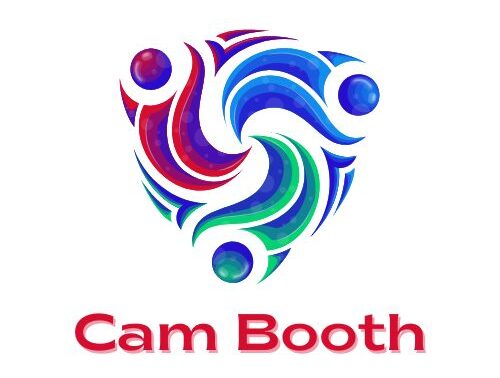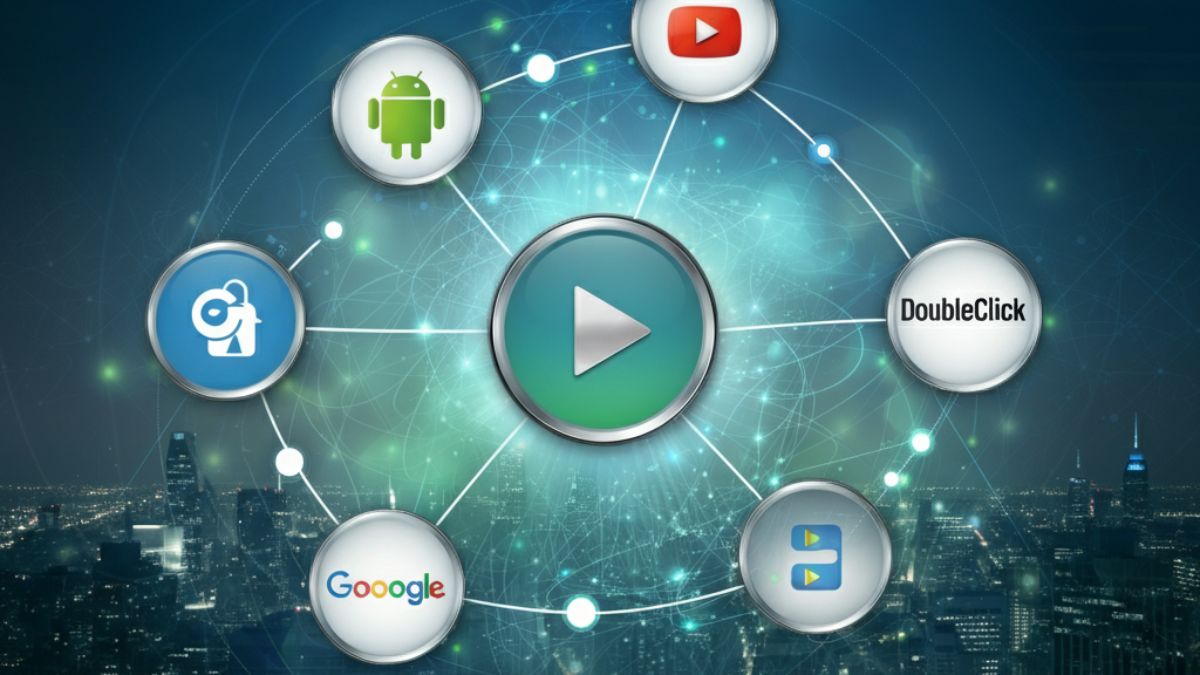When you think of Google, what comes to mind? Its search engine? Gmail? YouTube? What often goes unnoticed is Google’s strategy of acquiring other companies to fuel innovation, enter new markets, and stay at the forefront of technology. Over the years, Google has made scores of acquisitions, each playing a crucial role in shaping how we live, work, and interact with technology.
This blog takes a deep look at seven game-changing acquisitions by Google and how they’re still influencing the tech industry today.
1. YouTube (2006)
When Google purchased YouTube for $1.65 billion in 2006, many questioned the decision to invest in an unprofitable video-sharing platform. Fast forward to today, YouTube boasts over 2.5 billion monthly active users and has become the second-largest search engine in the world.
Why it was a game-changer
- Dominance in video content: YouTube became the world’s go-to platform for video consumption, from tutorials and music videos to entire industries like gaming and Vlogging.
- Ad revenue: Through its ad program, YouTube became one of Google’s top revenue generators, contributing $40 billion annually as of 2022.
YouTube didn’t just revolutionize online video; it also laid a foundation for creators and influencers to thrive.
2. Android (2005)
Before smartphones dominated our lives, Google saw their potential and bought a little-known mobile software company called Android, Inc. for $50 million.
Why it was a game-changer
- Mobile OS dominance: By making Android an open-source operating system, Google allowed manufacturers like Samsung, LG, and Motorola to use it freely, skyrocketing its adoption.
- Ecosystem integration: Android created a seamless platform for Google’s apps and services, ensuring its search engine, Gmail, and Chrome became essential tools for billions of users.
Today, Android powers more than 70% of smartphones globally, proving that this acquisition gave Google the edge it needed in the mobile world.
3. DoubleClick (2008)
If Google rules the search advertising world, its $3.1 billion acquisition of DoubleClick is a big reason why. This advertising technology company allowed Google to refine its ability to target ads, a skill we see in practice every day on the internet.
Why it was a game-changer
- Targeted advertising: DoubleClick brought programmatic advertising to Google’s portfolio, enabling advertisers to reach the right audience at the right time.
- Advertising dominance: It cemented Google’s position as an advertising powerhouse, with the company earning over $200 billion annually from ads.
This acquisition also influenced the broader digital economy, creating opportunities (and challenges) for businesses looking to advertise online effectively.
4. Waze (2013)
When Google acquired the navigation app Waze for $1.3 billion, it made a significant move to improve its mapping capabilities.
Why it was a game-changer
- Crowd-sourced navigation: Waze introduced features like real-time traffic updates and alerts about accidents, construction, and speed traps, setting it apart from traditional GPS systems.
- Integration with Google Maps: While Waze operates as a standalone service, many of its features have been incorporated into Google Maps, making it a market leader in navigation technology.
This acquisition not only strengthened Google Maps but also enhanced how we get around in our daily lives.
5. Nest Labs (2014)
Google’s $3.2 billion acquisition of Nest marked its entry into the smart home market. Nest, known for its smart thermostats and home automation devices, brought a new level of innovation to the connected home.
Why it was a game-changer
- Smart home integration: Nest became the foundation for Google’s smart home ecosystem, later branded as “Google Nest.”
- AI-driven devices: Products like the Nest Learning Thermostat and Nest Cam use AI to adapt to user behavior and preferences.
Today, Google Nest plays a major role in the growing Internet of Things (IoT) market, redefining how we interact with our living spaces.
6. DeepMind (2014)
Google’s $500 million purchase of DeepMind, a London-based AI company, positioned the tech giant as a leader in artificial intelligence.
Why it was a game-changer
- AI breakthroughs: DeepMind has achieved major milestones, including AlphaGo, the first AI to beat a human champion at the game of Go, and AlphaFold, which solved one of biology’s biggest challenges (protein folding).
- Integration into Google services: DeepMind’s AI powers Google products like Google Assistant, Google Translate, and Google Photos.
Perhaps most impressively, DeepMind paved the way for advancements in industries beyond tech, including healthcare and climate science.
7. Fitbit (2021)
When Google acquired Fitbit for $2.1 billion, it wasn’t just buying a fitness wearable company; it was taking a significant step into health tech.
Why it was a game-changer
- Health and wellness focus: Fitbit devices collect data on sleep, activity, and heart rate, giving users insight into their well-being.
- Google’s broader health ambitions: Fitbit’s ecosystem complements Google’s AI and software capabilities, creating opportunities for advancements in personalized healthcare.
By entering the wearable technology space, Google has positioned itself to compete directly with Apple in health tech.
What These Acquisitions Mean for the Future
Each of these acquisitions represents a strategic move by Google, not just to grow revenue but to build ecosystems that redefine industries. From improving how we communicate and travel to advancing healthcare and AI, Google’s acquisitions have had a far-reaching impact.
These moves also demonstrate Google’s approach to evolving its core search and advertising business while staying adaptable and innovative.
Final Thoughts
Google’s acquisitions teach us a valuable lesson about growth and transformation—in business and in life. By staying open to new opportunities and investing in long-term value, the company remains a leader in the tech world.
If you want to stay ahead in your industry, look at what Google has done so effectively. Seek out partnerships, invest in innovation, and adapt to the needs of your audience.
Want More Industry Insights?
Stay updated on the latest trends and strategies shaping the tech world. Subscribe to our newsletter today and make sure you’re in the know about the moves shaping tomorrow.
FAQs
1. What makes Google a leader in the tech industry?
Google’s success stems from its continuous innovation, strategic partnerships, and commitment to understanding user needs. These key factors enable the company to stay ahead in a competitive landscape.
2. How can I apply similar strategies to my own business?
Focus on fostering collaboration, investing in research and development, and adapting quickly to market changes. Keeping the customer at the center of your strategy is crucial to long-term success.
3. Why is it important to stay updated on tech trends?
The tech industry evolves rapidly, and staying informed helps you anticipate market shifts, remain competitive, and identify new opportunities for growth.
4. How can I learn more about the latest industry insights?
Subscribing to industry newsletters, following trusted tech reports, and engaging with expert analysts are excellent ways to stay informed about emerging trends and strategies.











